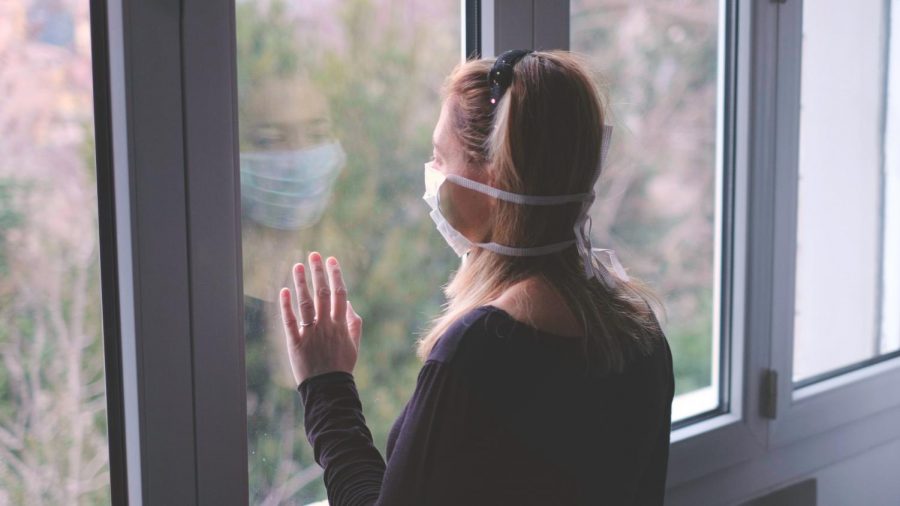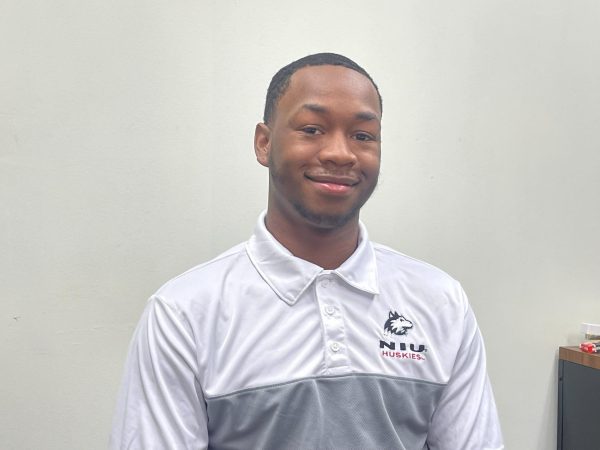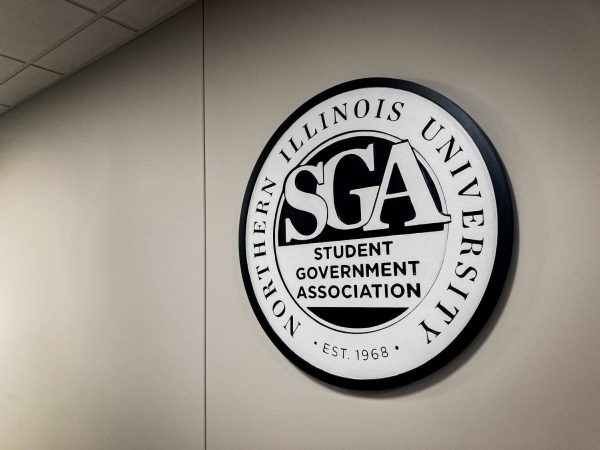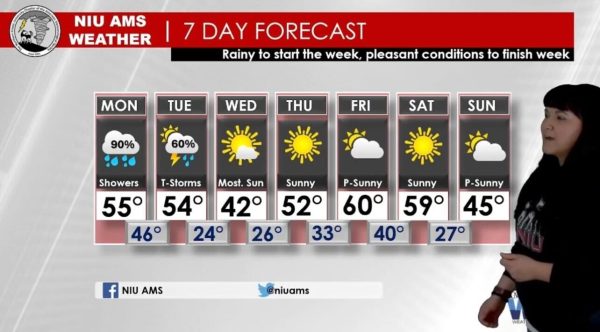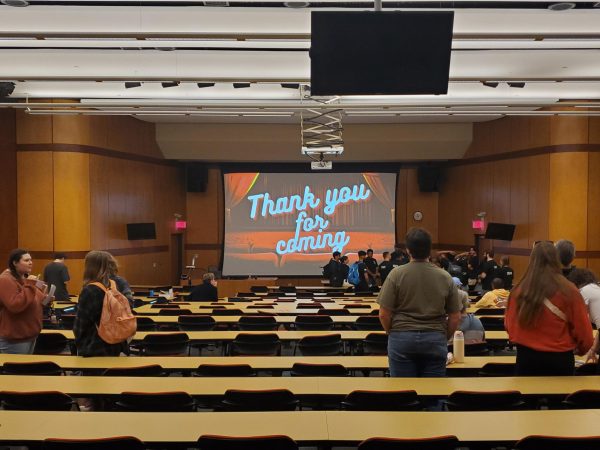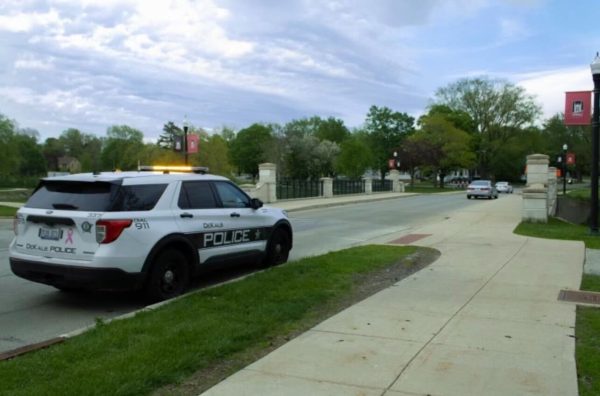Campus counseling provides telehealth services to students
April 29, 2020
DeKALB — While classes have moved online for the remainder of the semester, and students have moved back home to help contain the spread of COVID-19, most on-campus mental health clinics have shifted to provide telehealth services to help students from a distance.
Shyann Beach, staff counselor at Counseling and Consultation Services, said the center has begun to see an increase in students calling and requesting for services within the past two weeks.
“I think students are understanding that this might be a more long term thing that’s happening right now with COVID-19, which is impacting mental health and particularly dealing with online classes and finals coming up,” Beach said.
Counseling and Consultation Services began offering telehealth services via phone and video calls since the university announced classes were moving online. The clinic is still providing individual and group therapy to their current clients and is offering individual therapy to new clients, Beach said.
She said if students need an appointment, they need to call the clinic and leave a message on the answering machine, which is checked every 30 minutes during working hours. A therapist will then reach out to the student.
“Even if it’s not business hours, we have 24-hour access to a counselor,” Beach said. “If it’s three in the morning and they need support, they can still call our main number and be connected to someone immediately if they are in crisis or are in need of immediate support.”
Beach said clinicians were trained to provide to telehealth services through webinars and different professional development organizations like the American Psychological Association.
Prior to providing a telehealth service, students agree to a telehealth consent form stating that both the student and the therapist are in private locations for the therapy session, Beach said.
“For therapists, that’ll differ depending on the living situation but we asked students to be in a private area,” she said. “We have a lot of students who are in their cars for the session or they’re going outside.”
Karen White, director of the Psychological Services Center, said confidentially and ethically providing private services plays a huge role in teletherapy sessions.
“You really have to question what’s the quality of that therapy session,” White said. “It may be fine and it may not because it can be interrupted or overheard, but all of those things can be managed.”
The Psychological Services Center decided not to provide telehealth services immediately because it’s a training clinic that has graduate student clinicians, White explained. She said many of the graduate student clinicians have begun training through webinars online to deliver psychotherapy virtually.
“We were not adequately positioned to do that right then and there on the fly,” White said. “We wanted to be very mindful that our student clinicians got appropriate training and support because [teletherapy] is a difficult task that everyone is trying to do these days.”
Previous clients at the Psychological Services Center received letters with referral options to psychotherapists who are providing teletherapy, White said.
White said before the university decided to move classes online for the rest of the semester, the clinic was planning on offering phone therapy sessions to current clients.
“For a university our size, I think the fact that there are four different mental health clinics on campus is a real positive,” White said. “Even if in our clinic, if some cases needed to be suspended, there are other centers on campus that might be able to provide services.”
The Community Counseling Training Center started offering individual telehealth sessions to adult clients on March 30, according to the Community Counseling Training Center website.
Another center on campus that has decided to switch to teletherapy is the Couple and Family Therapy Clinic.
Natalia Vinokur, director of Couple and Family Therapy Clinic, said therapists at the clinic are using Microsoft Teams because it is HIPAA compliant. She said the clinic is accepting new clients by calling their main number, and each session for students is $10.
HIPAA is a series of regulatory standards that help protect the privacy and security of health information, according to the U.S. Department of Health and Human Services webpage.
“Our clients needed our services, sometimes even more urgently due to anxieties over COVID-19 and disruptions of daily lives,” Vinokur said in an email. “We had to be able to continue supporting them, but taking into consideration HIPAA requirements, continuity of care and safety considerations.”
Vinokur said it’s natural to feel anxiety, depression and loneliness during this time, and it’s important to get support when needed.
“People are facing disruptions of their lives, great uncertainty, changing daily routine, possible health issues for themselves and their loved ones, being in close proximity with their families that could trigger underlying issues, and financial hardship,” Vinokur said in an email.



